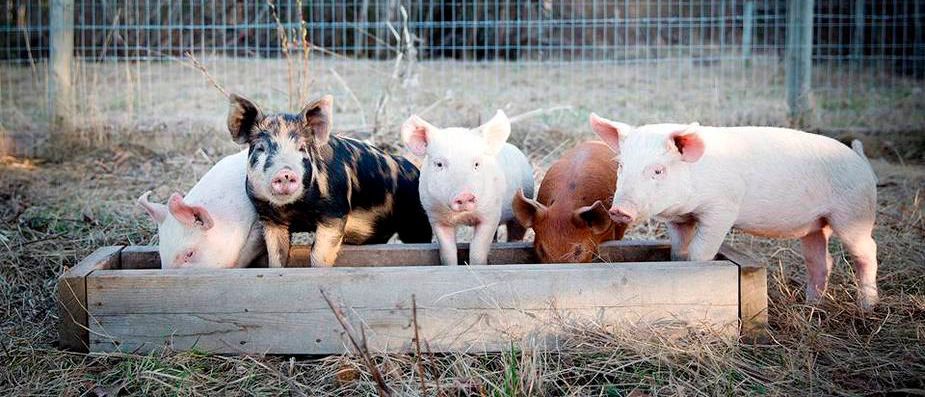
The McGill Animal Policy & Welfare Oversight Committee (APWOC) offers training in animal use for research and teaching as part of our institution's commitment to animal welfare when there are no alternatives but to include them in projects having scientific merit.
Everyone listed in an Animal Use Protocol form is required to successfully pass the test for this THEORY course. The participant will need to know the material covered on this website and successfully pass a multiple-choice test. If training was obtained from another institution, successfully passing the test is sufficient.
If handling live animals, the person also needs to successfully pass the PRACTICAL course (workshop) specific to the species he/she intends to work with. The participant will be asked to perform the procedures covered in the workshop and to pass a multiple choice test for that workshop.
Review the Ethics for Animal Training Theory Course [PDF]
Access the Core Ethics Theory exam
Please note that EACH participant must make the request using his/her own email account. The participant must identify in which investigator’s lab they are working or the course title for which this test is a requirement (if applicable).
Practical Training
There are animal Methodology Workshops regularly for each of the following species: rat, mouse. Workshops for other rodent species and specialized ones for more advanced techniques are available on demand. The workshops demonstrate many procedures done on that species and requires the participant to adequately perform all the procedures during the workshop.
For more information, visit the main Training Program web page.